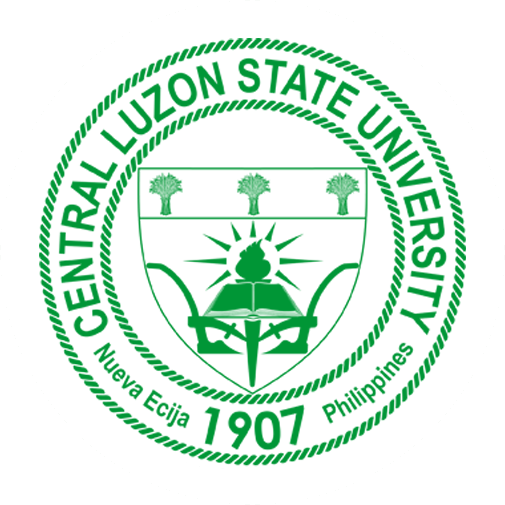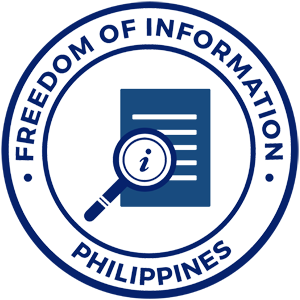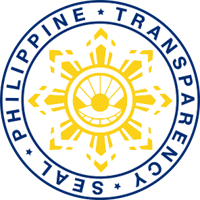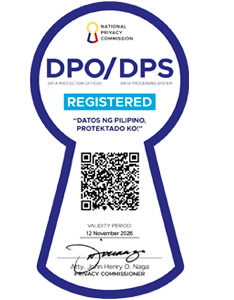College of Arts and Social Sciences
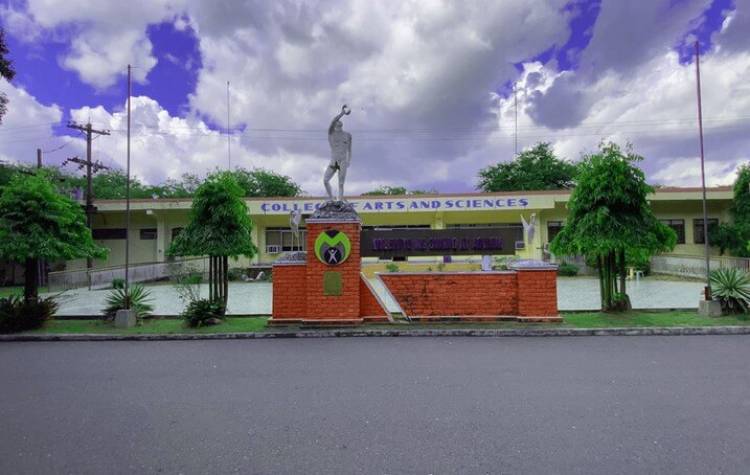
Overview
The CASS focuses on the production and dissemination of knowledge in human and social conditions align with technological and social innovation. It has five departments: Psychology, English and Humanities, Communication and Development Studies, Filipino, and Social Sciences.
Bachelor Courses
The program aims to develop the skills of the students in the structure of Filipino language, provide a broad knowledge of the theories and practices in language, communication, literary works, creative writing, analytical research, and translation of written works from foreign and native language to Tagalog, and vice versa.
The program focuses on literary and cultural studies and specializes more in the development of the students’ literary and cultural proficiencies. It aims to expose the students to the different areas of literature and its allied disciplines such as media studies, digital literary studies, gender studies, hermeneutics, and postmodernism, and equip them with the most celebrated theories and concepts in the field of literature. It is also intrinsically adept and abundant with the culture of internationalization.
Contact Information:
- Dr. Mercedita M. Reyes
- Department Head, English
- merceditareyes@clsu.edu.ph
The program aims to mold the students with multidisciplinary knowledge, research skills, and critical mindedness attuned to community and national development. Students are expected to gain and apply knowledge in social sciences theories and concepts, social research tools, and empowering practices in policy formulation and evaluation.
Contact Information:
- Dr. Peachy G. Domingo
- Department Head, Social Science
- peachy.domingo@clsu.edu.ph
This program trains the future development communication practitioners to demonstrate effective communication skills and use appropriate knowledge and technology in dealing with industrial, community, environmental, and political concerns to achieve holistic development and advance society in the local and global arena. Graduates of the program may pursue careers in both communication and development fields.
The program teaches students to demonstrate the capability to discuss, analyze and apply the major theories and concepts in psychology, and to be able to establish professional and ethical behaviors in research. Graduates are expected to practice and demonstrate a harmonious interpersonal relationship with stakeholders, and to have the ability to conduct psychological assessment and evaluation.
Graduate Degree Programs
The Doctor of Philosophy in Development Communication program is designed to produce graduates who can take leadership roles in the field of development communication. The program trains graduate to examine issues and challenges towards setting directions in development communication education and practice. Graduates are also trained to formulate development communication policies both for domestic and international development programs.
The doctoral program is a 3-year and 2-summer term academic program that is focused on providing conceptual and theoretical knowledge and various innovation techniques in promoting community development. Guided by research, and diachronic and synchronic understanding of community, graduates are expected to contribute to the country’s social and economic development. It has two major areas of concentration which aim to develop rural development managers, implementers, educators, and researchers who are expected to take the leadership role of planning, implementing and evaluating rural development programs in the local, regional and national levels.
The graduate degree program is designed to combine the language and literature disciplines into intersecting field of study. It is geared towards the thorough understanding of the process, cycle principles and nuances of communication; the proficiency and mastery in the target language; and the navigation of the connections and intersections of linguistic and literary elements as applied to the development of the humanities and of the people’s general welfare.
The degree program provides the graduate students with experiential and conceptual knowledge on empowering communities through theoretical and research-based approaches. The program aims to train project planners, implementers, and researchers to provide expertise in institutional and agency technology delivery systems, and in the social science research component of its program. Handled by all-PhD holder performing university faculty, the program ensures graduates as influencers of rural change and sustainability.
Program Details
Dean
- Dr. Jay C. Santos
Department Head, Filipino
- Dr. Baby Jean VC. Jose
Department Head, English and Humanities
- Dr. Mercedita M. Reyes
Department Head, Social Science
- Dr. Peachy G. Domingo
Department Head, Communication and Development Studies
- Dr. Andrea May C. Malonzo
Department Head, Psychology
- Dr. Evelyn F. Acoba
Programs
- Undergraduate
- Masteral
- Vocational
Degrees
- Bachelors
- Masters
- Doctorate
- Certificate
Experiential Learning
- Capstone
- Internship
- Research Study
Delivery Method
- Face-to-Face
Length
- Undergrad: 4 years
- Masteral: 2 years
